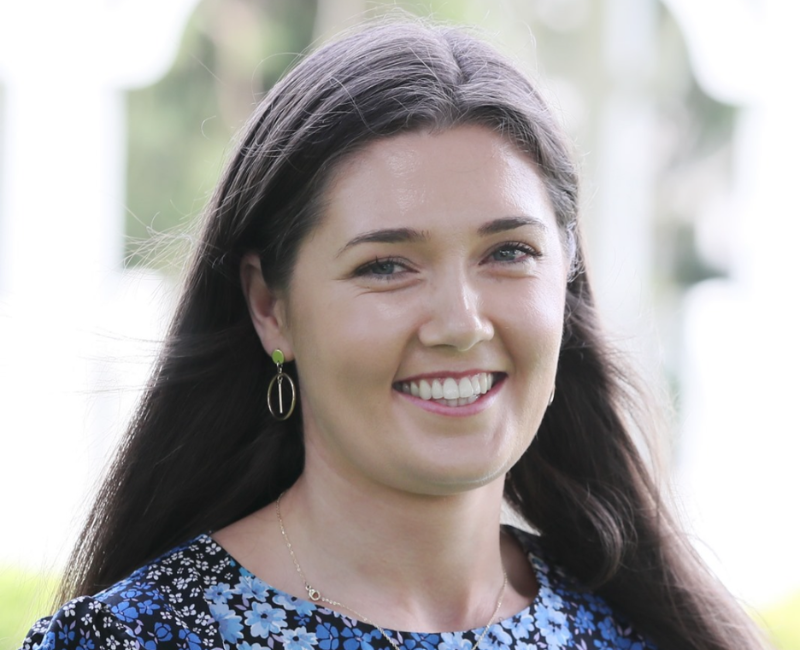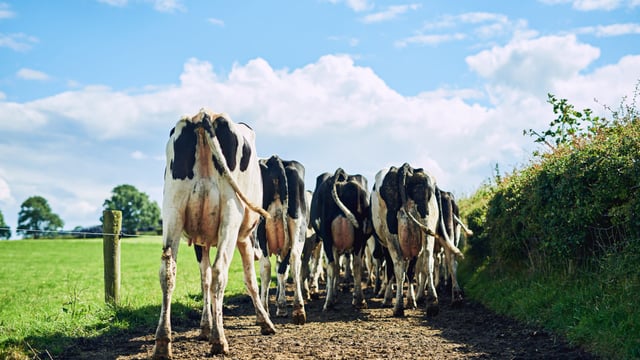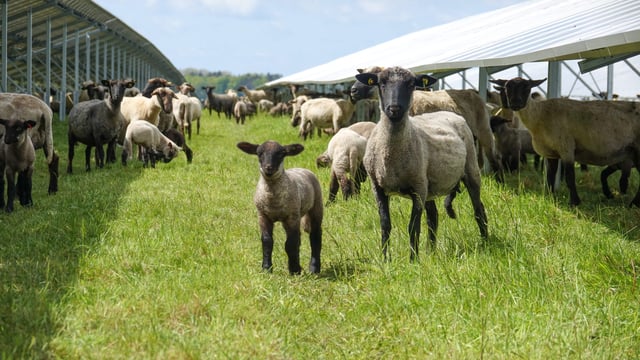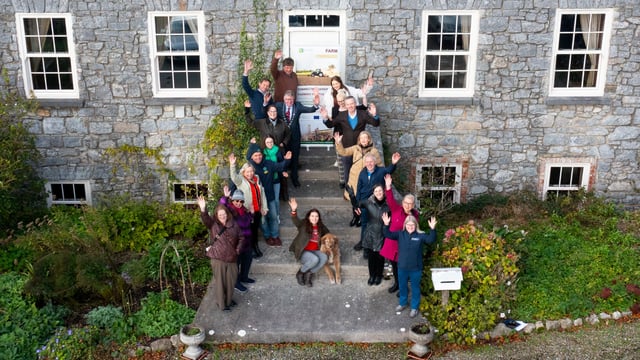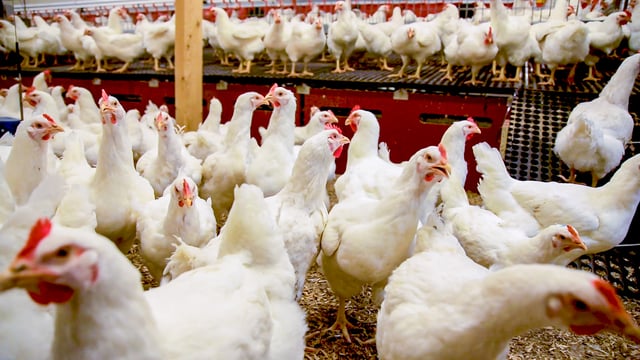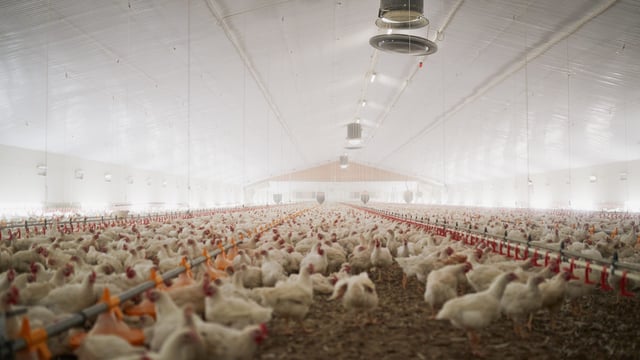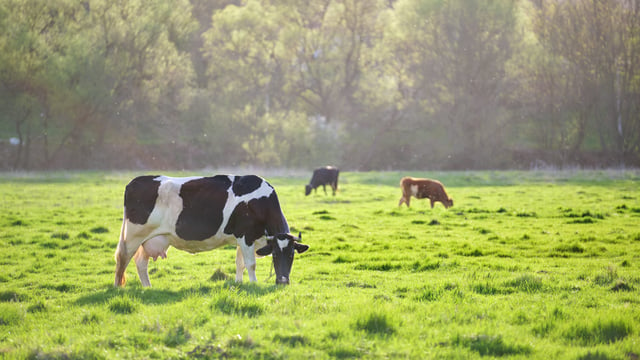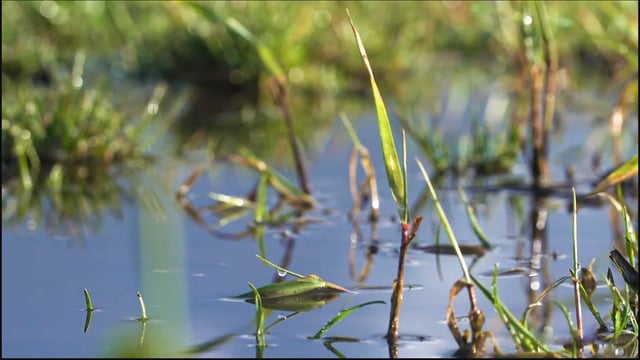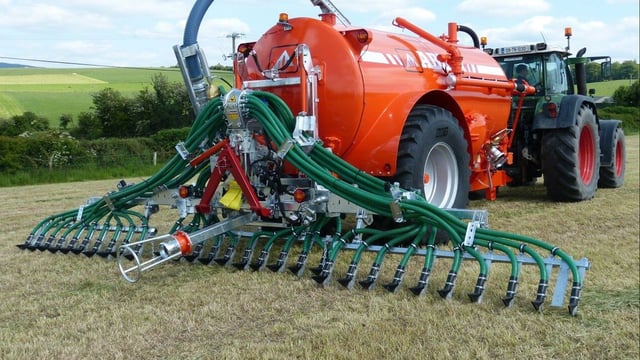Access to land a particular issue for young female farmers - Macra
The Macra president said that while access to land is difficult for all young farmers, it is a particular challenge for young female farmers.
Josephine O'Neill was addressing the European Parliament Committee on Agriculture and Rural Development today (Wednesday, November 5).
As part of the annual Gender Equality Week, the committee discussed "women as key drivers for generational renewal in the European farming and rural community".
Female farmers
Data from the Central Statistics Office (CSO) shows that in Ireland, 13.2% of women in Ireland are farm holders, while 34% of farm workers are female.
"The number of women, female farmers working in agriculture, has increased very slightly in a 10 year period from 2013 to 2023.
"That's an increase of 1.3% and as a result, women in agriculture continue to be underrepresented in the sector," Josephine O'Neill, said.
The Macra president told the committe that there is "no doubt that female farmers experience many challenges".
"Access to land is an issue which affects all young farmers in Ireland, but particularly female farmers as some succession may favor the male heir due to traditionalist views.
"Some want the family farm to remain in the family name, refusing to transfer land to the female heir as a result.
"There's issues of cultural challenges, as in Ireland a dominant cultural perception views the farmer as male, while females are still seen as helpers.
"It is undoubtable that women have long played a key role on the family farm, but this work goes regularly unnoticed and unrecognised.
"Consequently, their contributions may be devalued, and they may find it difficult to self identify as farmers," she said.
O'Neill also pointed to a lack of maternity leave and childcare being among the challenges facing female farmers.
"Women have always played a vital, yet often under recognised role in Irish agriculture.
"As the sector evolves to meet new environmental, social and economic challenges, it is essential that women are fully supported and empowered to contribute to its future.
"We all have to work together to make this change for generations to come," O'Neill said.
Young farmers
The Macra president highlighted to the committee the uncertainty facing all young farmers in Ireland over the nitrates derogation.
"The potential loss of our derogation, the market uncertainties, the Mercosur agreement, all of those create a very uncertain future for young farmers.
"To attract young women into agriculture, we need to ensure that agriculture is seen as an attractive and viable career for them going forward.
"That will require a united front from Ireland, from all of our European counterparts, from the European Union to ensure that our agricultural sectors across the EU can be economically viable and provide certainty to young people," she said.
O'Neill added that there is "a lack of ringfenced funding for young farmers" under the Common Agricultural Policy (CAP).
"We need to ensure that there is specific financial support provided for young farmers to ensure that they get the start they require at the start of their agricultural careers.
"It is very important that female farmers and young farmers in general are adequately supported through the CAP.
"I do acknowledge that there is a reduced budget, which is very disappointing, but what is more disappointing is the lack of ringfenced funding for young farmers," she said.
Supports
The Macra president noted a number of policy initiatives and support programmes under Ireland's CAP Strategic Plan 2023-2027 "to address the systemic challenges young female farmers face".
She pointed to the Women Farmer Capital Investment Scheme, promotion of women-only knowledge transfer groups and the ACORNS programme for rural female entrepreneurs.
O'Neill said the Women in Agriculture Working Group's webinar series focused on access to finance, agri taxation and succession planning.
The Macra president referenced this year's FBD Young Farmer of the Year, Aileen Sheehan from Co. Cork who said that women should be more visible in agriculture.
"Our women are more than capable, they are trained, they are passionate and they require the supports to help them to enter into agriculture, to remain in agriculture and to be economically viable in agriculture and for that we must all work together," O'Neill said.


